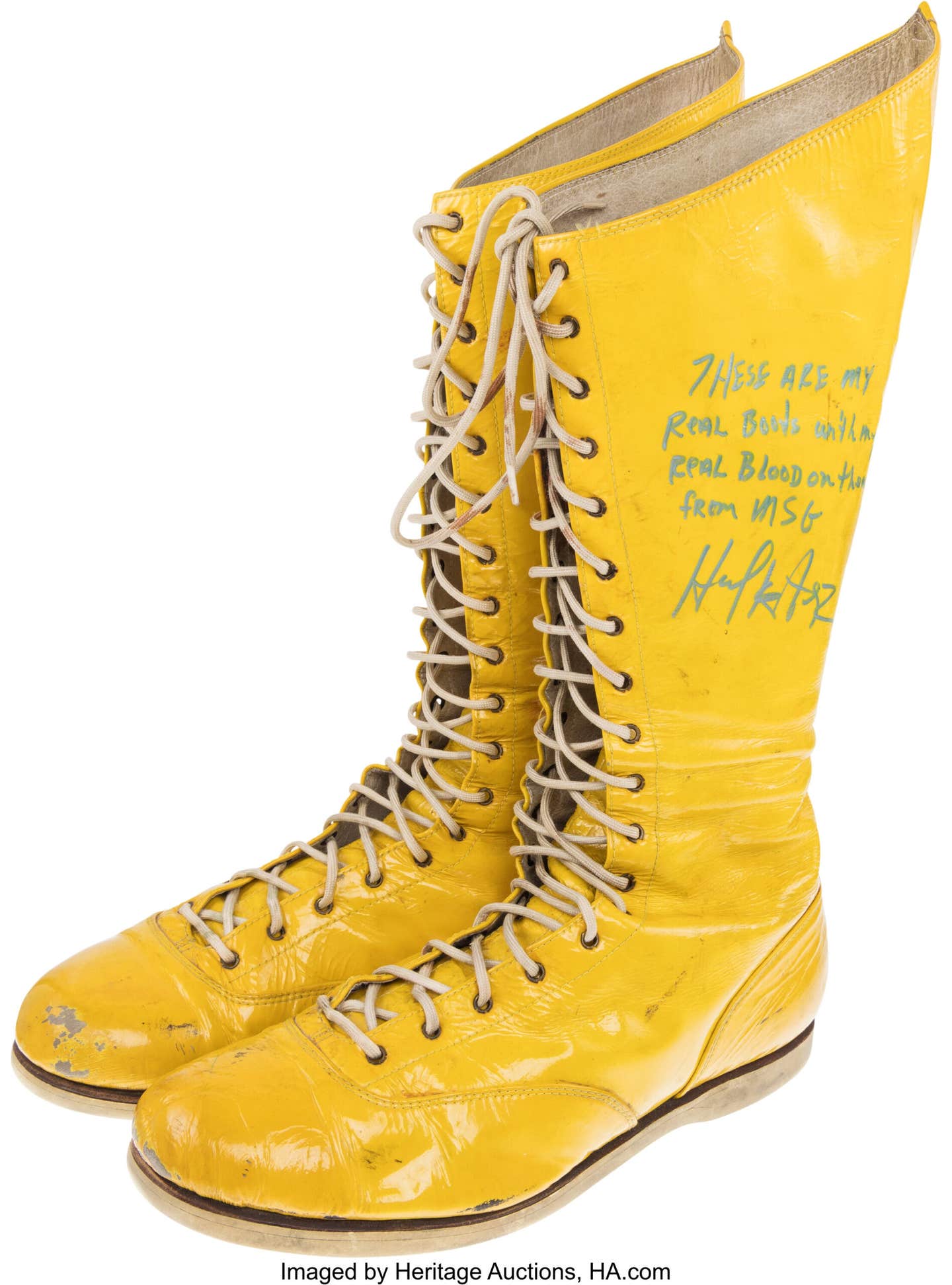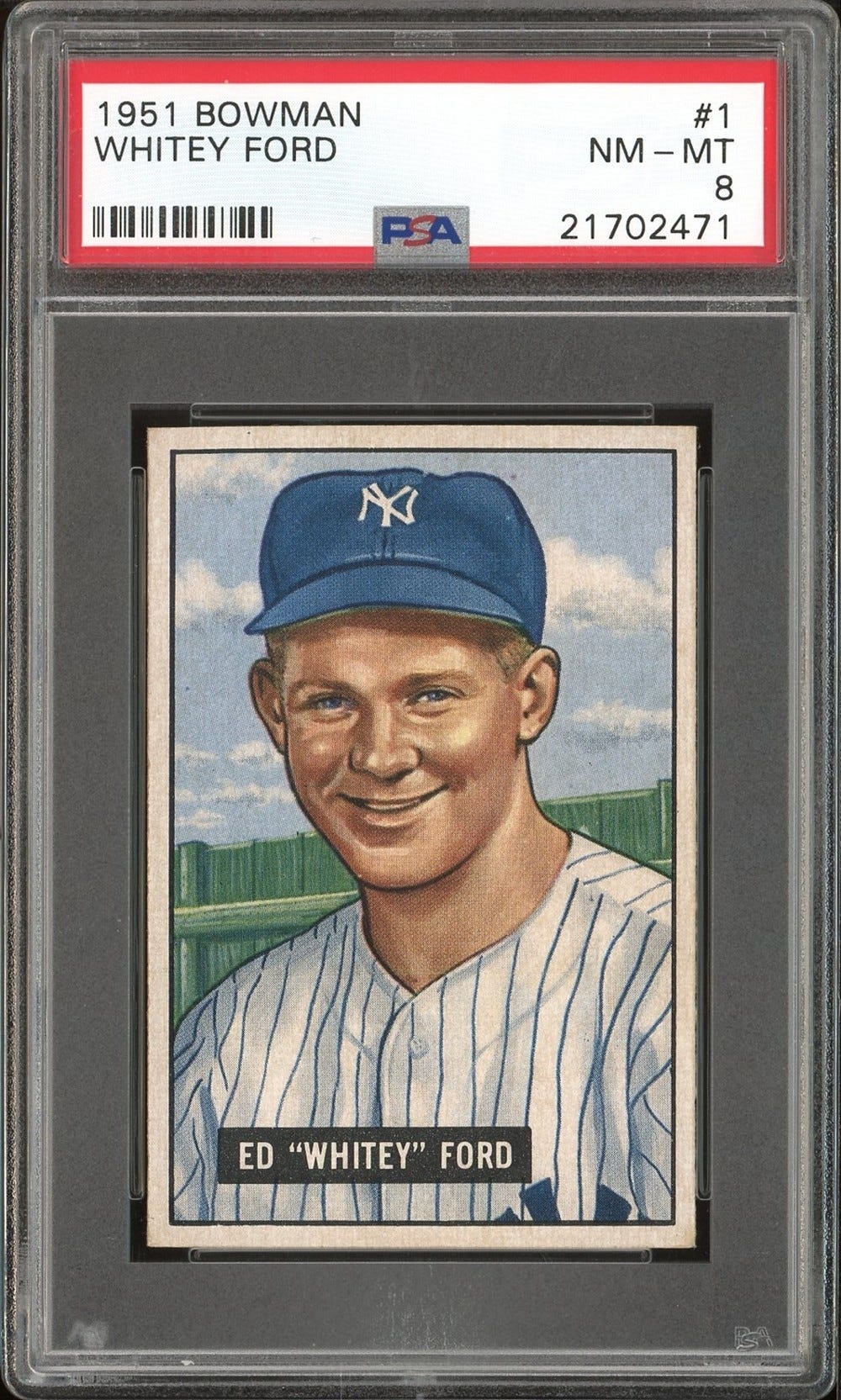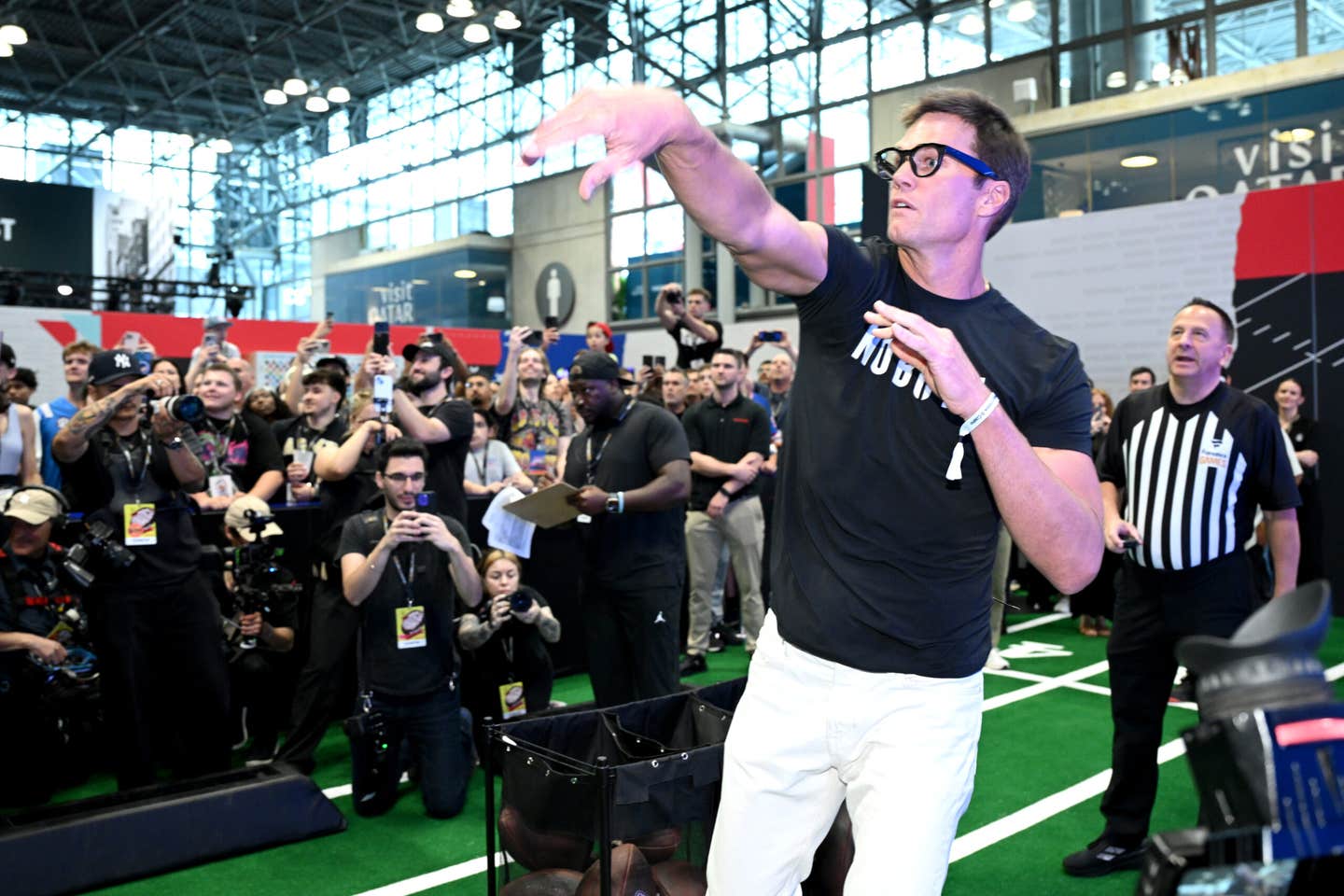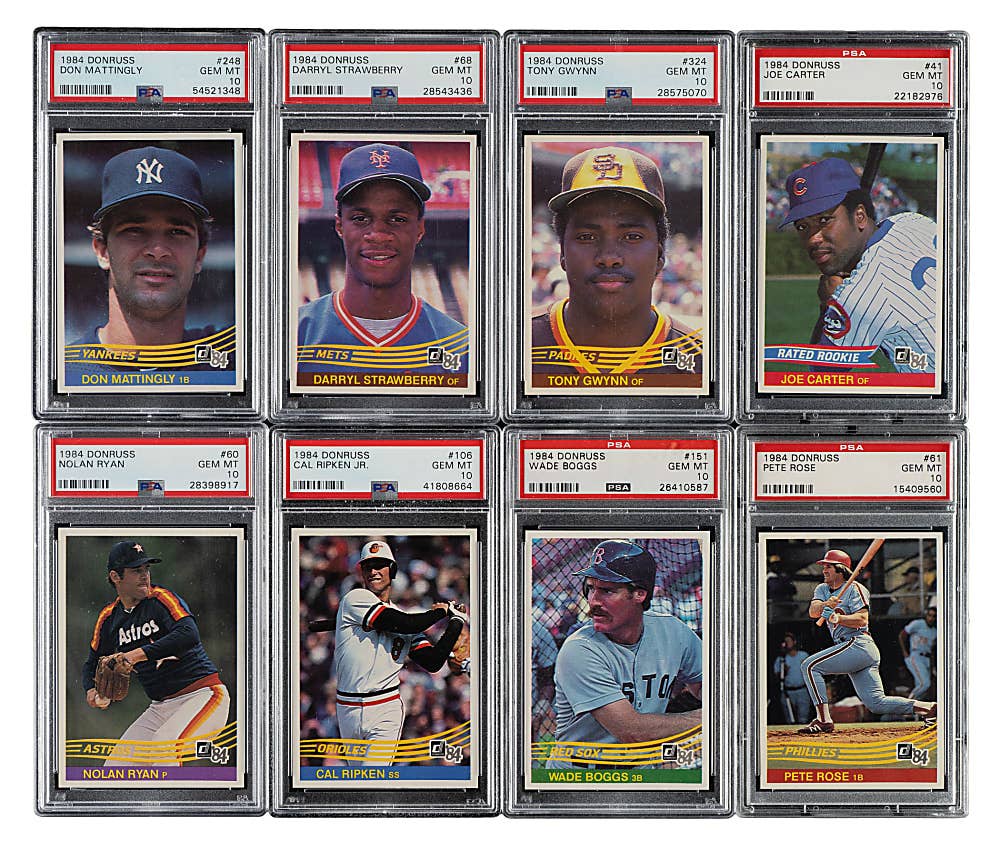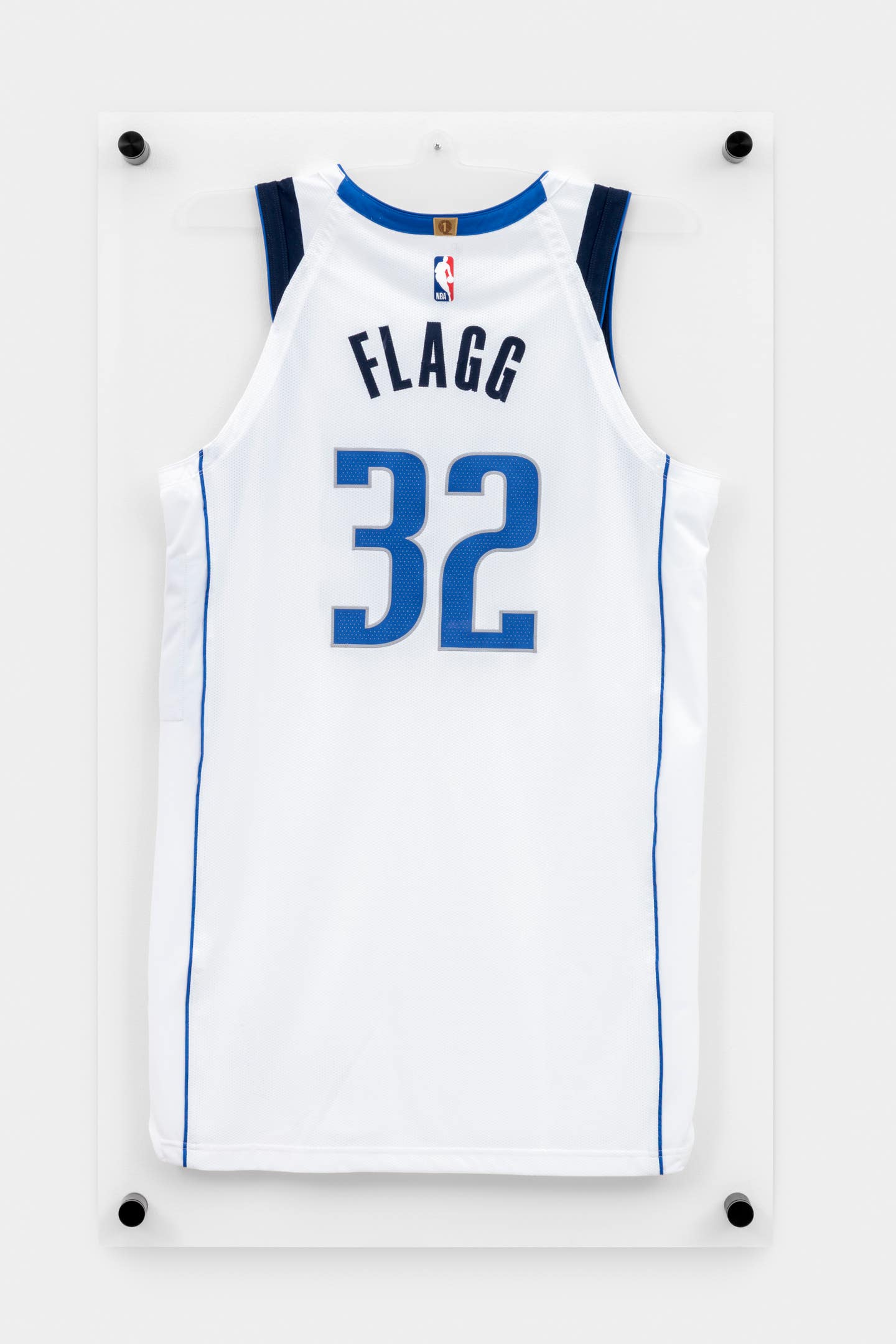Collecting 101
German military treasure: Nokona baseball glove
During World War II nearly five million men and women served in the armed forces of the United States. Someone in authority along the way decided that for these soldiers, sailors and airman, off-time recreation would be important, especially baseball and softball games. Major League players like Ted Williams and Joe DiMaggio would play in service games after they joined up. For these millions of G.I.s someone was going to have to furnish baseballs, bats, gloves along with footballs and basketballs. This resulted in hundreds of thousands of baseball gloves required to be furnished to the Army, Navy and Marines special services for distribution to players for these contests.
Sporting Goods Companies like Rawlings, Wilson, Spalding, Dubow, Goldsmith (later MacGregor), Hutch and even growing little Nokona Athletic Goods Company would be called on to turn out among other sporting goods items, baseball gloves for the government and in all these cases only for the government for nearly three years.
In some cases, these gloves would stay with some of the servicemen or in some instances men would bring their gloves from civilian life and carry with them in their packs. This is the story of one of those gloves.
In the midst of a terrible combat situation a soldier's mind is focused on killing the enemy and in trying to stay alive. When the ordeal is finished and exhaustion sets in, there's time to reflect.
After one such struggle in the Italian campaign during World War II such a scenario was acted and reacted time and time over. Only on this one particular day, as American soldiers were shuffling through the material and debris left behind by rapidly retreating German soldiers, an odd item turned up. A Nokona baseball glove.
The glove was picked by Captain S.T. Brown, as he likely viewed scattered German gear, clothing and other belongings lying askew at the capture position. The now perplexed company officer probably spent the rest of the war and perhaps the rest of his life trying to figure out what the Germans were doing with and how they got an American baseball glove in their possession.
He could have speculated that the enemy likely took it off a dead American G.I. or perhaps an infantryman they had captured. Then, Captain Brown must have wondered why the G.I. had carried the glove with him so long and taken it into combat. Perhaps as his American outfit had done, the Germans had rapidly overrun an American camp and found the glove for themselves, a souvenir of the war and something to take back home.
The former serviceman Brown kept the Nokona fielder's glove long after the war and for the rest of his life. It was still in his possession when he died and the glove was left behind for his nephew, W.R. "Billy" Brown.
Brown recently contacted the glove's maker Nocona Athletic Goods Company to see if he could find out any background on the glove. There wasn't much president Rob Storey could add to the mix, just to approximately date the glove and ask a few questions himself about the glove with more questions than answers. Brown said the glove has the number "338" on it and the name "Baker" written on it. Baker could have stood for the owner's name or perhaps for "Baker" company.
Though this mitt was made before the war and was purchased at a retail store probably while the owner was a civilian, Nocona did make many thousands of gloves during the war under special government contract.
The tiny Texas firm, Nocona, along with the bigger companies had all turned their entire production over to the war effort. No sales were allowed to the retail trade. Gloves eventually disappeared from store shelves by 1945.
Nocona Chairman Bobby Storey remembers the time like it was yesterday.
"We were part of the war effort for sure," the elder Storey, then a teenager in 1945 said. "We made only one model for the military, our G12 pattern. We would make 500 gloves per order for right-hand throwers, then every so often make 500 for lefthanders. The government had hired a retired professional baseball player from Dallas to come inspect the gloves when they were finished.
"We had to increase production to meet the contract, but it was simpler because all we made was the one pattern. They were packed protectively in a mandated, careful way in crates and then we took them to the nearby train depot in nearby Gainesville to ship them to wherever the government told us. For years afterwards, ex-soldiers would come by telling us that they had or remembered a Nokona glove from the army in Europe, marines in Okinawa, all over the globe where our service guys were stationed. It was like a letter from home for some of them.
"We knew it worked a real hardship on our store customers and their customers and one of the funny stories to come out of that period was about a manager of team in Arkansas who claimed one of their right-handed players was having to play with a left-handed glove and he told our dad that the 'guy was just killing them.' " Dad got a glove out of the rejection bin and sent it to them. They sounded like they needed help."
Nocona continued to make a few military gloves during the Korean and Vietnam wars. The company, which was one of the few to make all of its gloves in the U.S. and is the largest glove maker in the country today, has gloves in Iraq today where our servicemen are stationed.
Rob Storey has learned that our G.I.s in the Middle East are using some donated Nokona gloves for their spare time baseball games when they're off duty there. The daughter of former Nocona President Jim Storey, Suzzane, has sent some of the gloves and some baseballs to these solders. Serviceman David Eickenhorst wrote back to Suzzane thanking her for the gloves for their 11-man baseball team stationed near the Syrian border in Iraq.
Recreation, like correspondence from loved ones becomes very important to these distant military men.
Collectible gloves of World War II still show up and some baseball collectors have built their hobby around these well-made, adult-size gloves and bats. The most common brand and name that shows up is the Goldsmith Elmer Riddle glove, but also the famous Rawlings Bill Doak gloves are around too. Many of the gloves didn't bear player-endorsed stampings.
Recently a Wilson glove made for the military and given to Joe DiMaggio when he served in the army, showed up in a sports auction after being put there by one of DiMaggio's family members.



